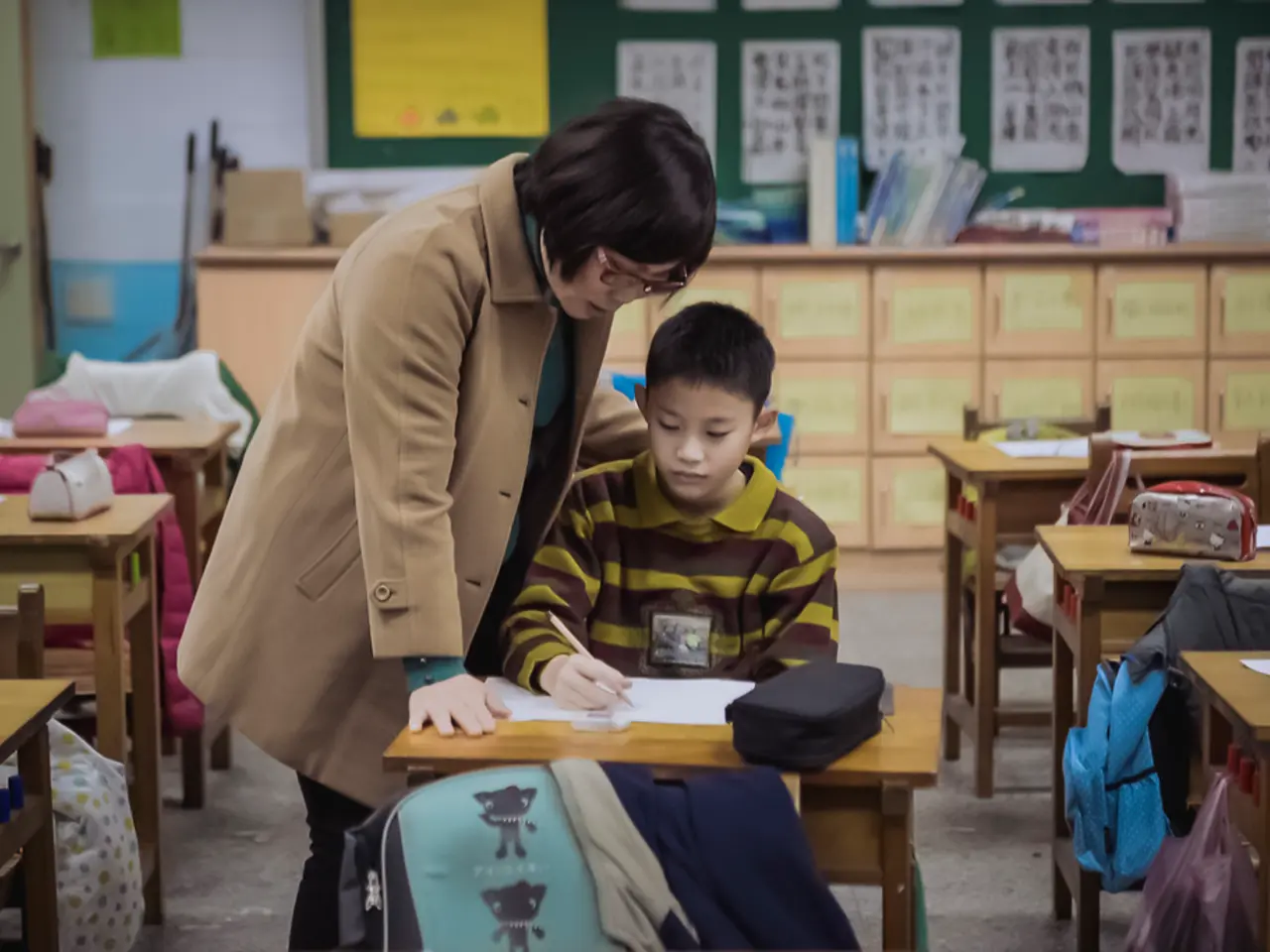Bangladesh's Primary Education System Divided: Kindergarten Parents Protest Exclusion
Bangladesh's primary education system, particularly its kindergartens, is under scrutiny as parents express concerns about being left out. The reinstated primary scholarship examination, held for the first time in 14 years in 2022 and comprehensively in 2025, has sparked debate due to its restriction to government schools. Kindergarten authorities argue that this exclusion creates a 'dual system of recognition' and erodes the principle of equal opportunity.
The primary and mass education ministry justifies the restriction, stating that it aims to concentrate resources on disadvantaged households, which primarily attend government primary schools. However, critics argue that this policy risks reinforcing divisions rather than integrating the diverse education system. Bangladesh's education landscape is fragmented, with government schools, kindergartens, NGO-run institutions, and madrassahs functioning under different standards and recognition.
The examination, held in December 21-24, saw 40% of students from government primary schools, Primary Teachers' Training Institute-adjacent schools, and primary schools adjacent to government secondary schools participating. The ministry's position is supported by Article 17(a) of the constitution and the Compulsory Primary Education Act 1990, which establish the government's duty to provide free primary education to all eligible children.
As the debate on inclusivity continues, the ministry must consider the implications of its policy on the broader education system. While the aim is to empower the underprivileged, the exclusion of private school students, including those from kindergartens, has sparked questions about whether the policy truly serves the best interests of all students.




